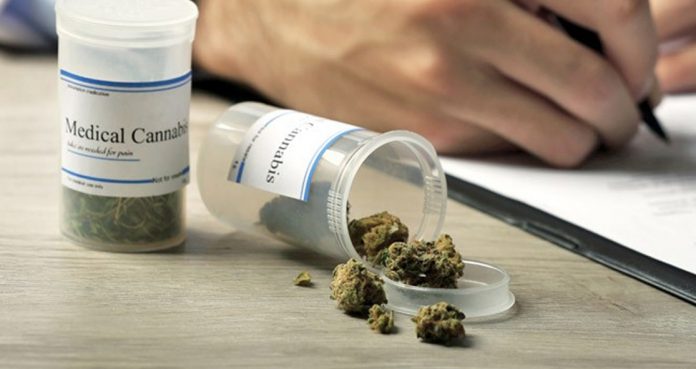Previous studies have found that legalizing medical marijuana is correlated with fewer opioid overdose deaths. However, a new study finds otherwise.
There have been numerous arguments in favor of legalizing medical marijuana, which is known to help combat the opioid drug overdose epidemic. Some states have legalized medicinal marijuana and have seen fewer opioid overdose deaths than states that have not legalized medical marijuana. However, a new study has raised questions about the legalization of cannabis for medical purpose.
Previous studies have found that medical marijuana may help in reducing opioid overdoses, considering the theory that patients could use cannabis to treat chronic, severe pain rather than opioids. In fact, seem state attorneys comprehended the studies, allowing medical marijuana to help treat opioid addiction.
For instance, last month, Colorado passed a bill that can allow doctors to prescribe medical marijuana rather than opioids to combat the opioid epidemic.
A new study published in PNAS found that medical marijuana was correlated with fewer opioid overdose deaths between 1999 and 2010. However, using new data up to 2017, it found that states that legalized medical marijuana actually saw more opioid overdose deaths.
The study researchers argued that the correlation is spurious, suggesting that there is no strong, broad, and generalizable connection between medical marijuana and opioid overdose deaths.
Lead study author Chelsea Leigh Shover told Vox, “We, the authors, think it’s a mistake to look at that and say, ‘Oh, cannabis was saving people 10 years ago and it’s killing people now. We think a more likely interpretation is that passing medical cannabis laws just is not affecting opioid deaths at the population level.”
Shover explained, “Marijuana reform should still absolutely be considered, but it doesn’t seem like reducing opioid overdoses at the population level is one of [its effects].”
The author added, “If you believe the first study, you have to believe ours. It’s the same methods and the same data.”
Experts demand more research in this particular area and more research is about to come. However, for now, the new study suggests that the role of medical marijuana in combating the opioid epidemic is just overhyped. Shover noted that her study suggests policymakers to look for other ways to tackle the opioid epidemic rather than simply relying on the hype around legalizing medical marijuana.





















